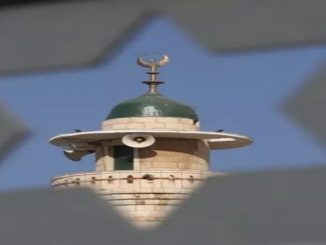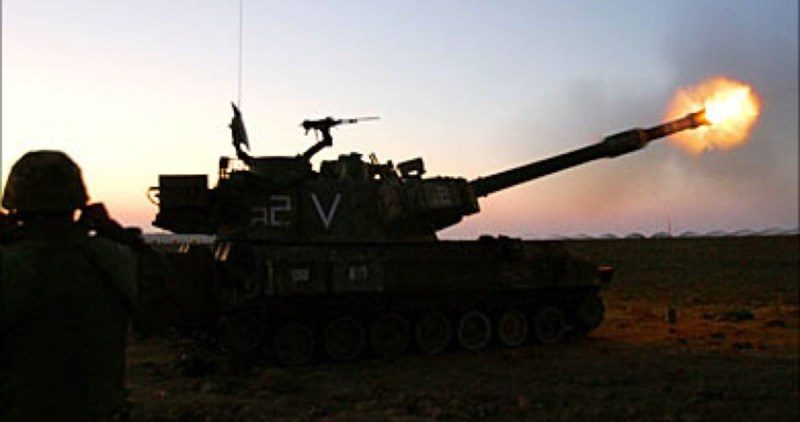
More than 200 Israeli settlers stormed Tuesday morning al-Aqsa Mosque under heavy Israeli police protection, according to Palestinian local agencies.
As part of a larger memorial service for 13-year-old Hallel Ariel, an Israeli girl who was stabbed to death in her bedroom in the illegal Israeli settlement Kiryat Arba by a teenage Palestinian earlier this month.
The Islamic Endowment Department affirmed that 221 Israeli extremist settlers stormed the Mosque in two groups via the Israeli-controlled al-Magharibeh gate under heavy police protection.
Some of the settlers tried to perform Talmudic rituals in total provocation to Palestinian worshipers. On the other hand, Israeli police continued to prevent a number of Jerusalemite women from having access to al-Aqsa for allegedly being involved in protests against settlers’ presence in the holy shrine.
Witnesses said that Muslim worshipers had serious difficulties accessing the compound and that Israeli police officers held the ID cards of Palestinian residents of Jerusalem who entered the compound, while Palestinian citizens of Israel were denied entry altogether.
According to Israeli newspaper Haaretz, Israeli visitors “guarded by dozens of police officers uttered blessings and were answered by calls of ‘amen,'” in violation of regulations regarding non-Muslim worship on the site.
Witnesses said Israelis started to arrive at 7:30 a.m. in groups, and that the largest group consisted of some 88 Israelis, which included Halevy and several high ranking officers.
Meanwhile, deputy head of Islamic Movement inside the Green Line called for intensifying Palestinian presence in the holy shrine as Israeli extremist groups call for carrying out mass break-ins into al-Aqsa on Tuesday. Tensions remain high in and around al-Aqsa Mosque since early October 2015 after Israeli police stormed the parameters and restricted Palestinians’ access into it, while allowing large numbers of settlers to access the holy site surrounded by tight security. For Muslims, al-Aqsa represents the world’s third holiest site. Jews, for their part, refer to the area as the “Temple Mount,” claiming it was the site of two Jewish temples in ancient times. Israel occupied the city of Jerusalem during the 1967 war. It later annexed the city in 1980, claiming it as the capital of the “Jewish state” in a move never recognized by the international community.
Some Jewish extremists have called for the destruction of the Al-Aqsa Mosque so as to build a Third Temple in its place.
Because of the sensitive nature of the Al-Aqsa compound, Israel maintains a compromise with the Islamic trust that controls it to not allow non-Muslim prayers in the area. However, Israeli forces regularly escort Jewish visitors to the site, in an attempt to challenge the status quo and leading to tensions with Palestinian worshipers.
Hallel, an Israeli-American dual citizen, is one of some 32 other Israelis to be have been killed by Palestinians since a wave of unrest swept across the occupied Palestinian territory over the past several months, which has seen more than 220 Palestinian alleged attackers, and protesters killed, including the teen who took Hallel’s life.
While the majority of Israeli deaths have been civilians, including at least 12 settlers, the vast majority of attacks and attempted attacks have been carried out against armed Israeli soldiers, with many of the Palestinians killed being termed by rights groups and the United Nations as apparent “extrajudicial executions.”
Tensions around the Al-Aqsa Mosque compound have been a main contributor to the increasing unrest that began in October, after right-wing Israelis made frequent visits to the site during a succession of Jewish holidays last fall.
Earlier this year, UN Secretary-General Ban Ki-moon condemned the wave of attacks, but said that Israeli security measures were failing to “address the profound sense of alienation and despair driving some Palestinians — especially young people.”
He added: “As oppressed peoples have demonstrated throughout the ages, it is human nature to react to occupation, which often serves as a potent incubator of hate and extremism.”



